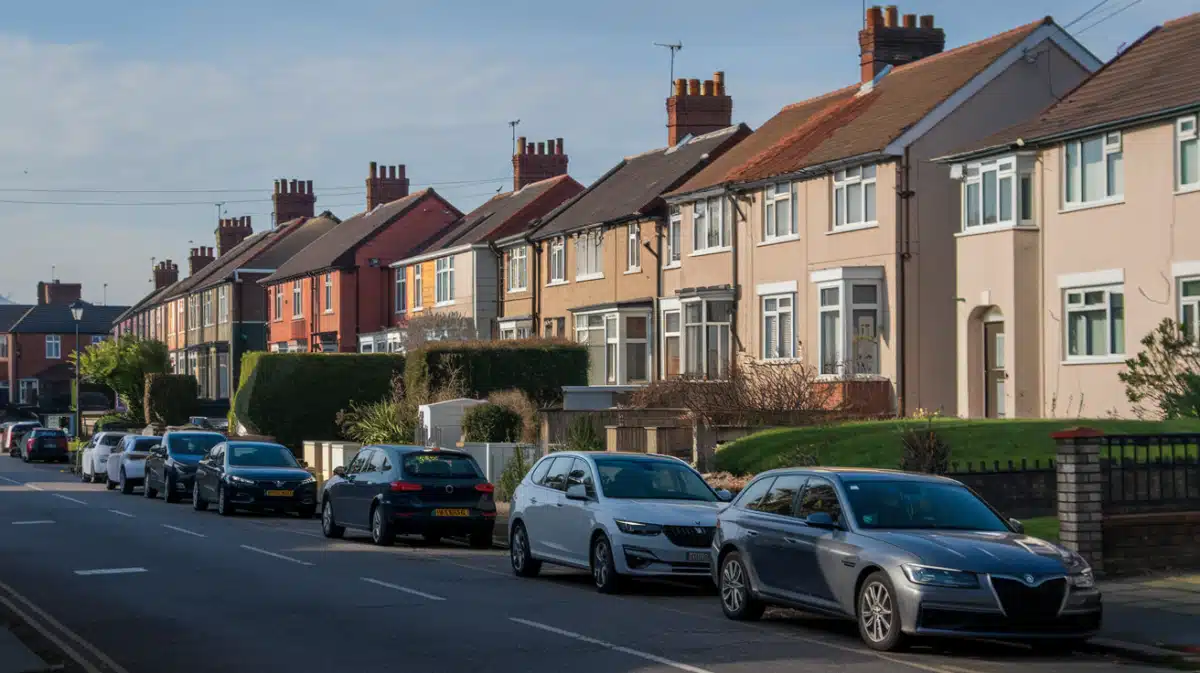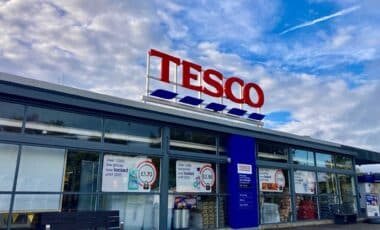As the cost of living crisis persists, these payments and reductions are intended to stretch household finances even further. With energy prices expected to remain high and inflation persisting, these measures provide much-needed respite to poor families.
Households to Receive Targeted Financial Support for 2025
The Household Support Fund (HSF), which offers needy households up to £500, is one of the important initiatives. This government-funded program, which is administered by local councils, provides shopping vouchers, direct cash transfers, and other types of aid. It is a postcode-dependent benefit, with eligibility varying based on local government criteria.
Additionally, energy providers such as British Gas and EDF are offering grants of up to £2,000 through energy hardship schemes. These initiatives aim to help customers clear outstanding energy debts, providing crucial support as many households face unaffordable utility bills.

Water companies are also offering discounts under social tariffs, which could save some families over £1,000 annually. Eligibility typically aligns with lower-income households, especially those already receiving council tax discounts.
Targeted Discounts for Energy, Broadband, and Winter Expenses
The Warm Home Discount Scheme provides qualifying customers with a one-time £150 reduction on their electricity bills, which is automatically applied to the majority of those who qualify. Similarly, Cold Weather Payments of £25 are available for any seven-day spell of sub-zero temperatures between November 2024 and March 2025. These grants provide support to persons in colder climates during the worst winter months.
Further, the Winter Fuel Payment, available to those born before 23 September 1958, offers between £200 and £300 for heating costs. While this payment no longer includes the additional Pensioner Cost of Living Payment, it remains a significant source of support for older residents.
Households receiving certain assistance may also be eligible for cheaper broadband and mobile packages, saving up to £227 annually. Providers such as BT provide social tariffs, which are much less expensive than conventional contracts and help low-income families maintain their connectivity.
| Scheme | Amount/Benefit | Eligibility/Details |
| Household Support Fund (HSF) | Up to £500 | Distributed through local councils, offers cash transfers, shopping vouchers, or other assistance. |
| Energy Hardship Schemes | Up to £2,000 | Grants by energy providers (e.g., British Gas, EDF) to clear energy debt. |
| Water Bill Discounts | Up to £1,000 | Social tariffs for low-income households; often tied to council tax discounts. |
| Warm Home Discount | £150 | Automatic electricity bill discount for eligible customers. |
| Cold Weather Payments | £25 per 7-day period of freezing weather | Automatic payment for certain benefits recipients during sub-zero temperatures. |
| Winter Fuel Payment | £200–£300 | For those born before 23 September 1958; supports heating costs. |
| Broadband and Mobile Discounts | Up to £227 annually | Social tariffs from providers like BT, starting at £12/month for broadband and mobile. |
These schemes highlight a continued effort to address the financial challenges faced by millions across the UK. By combining targeted financial support with broader subsidies, the government aims to provide relief in an increasingly challenging economic landscape.









